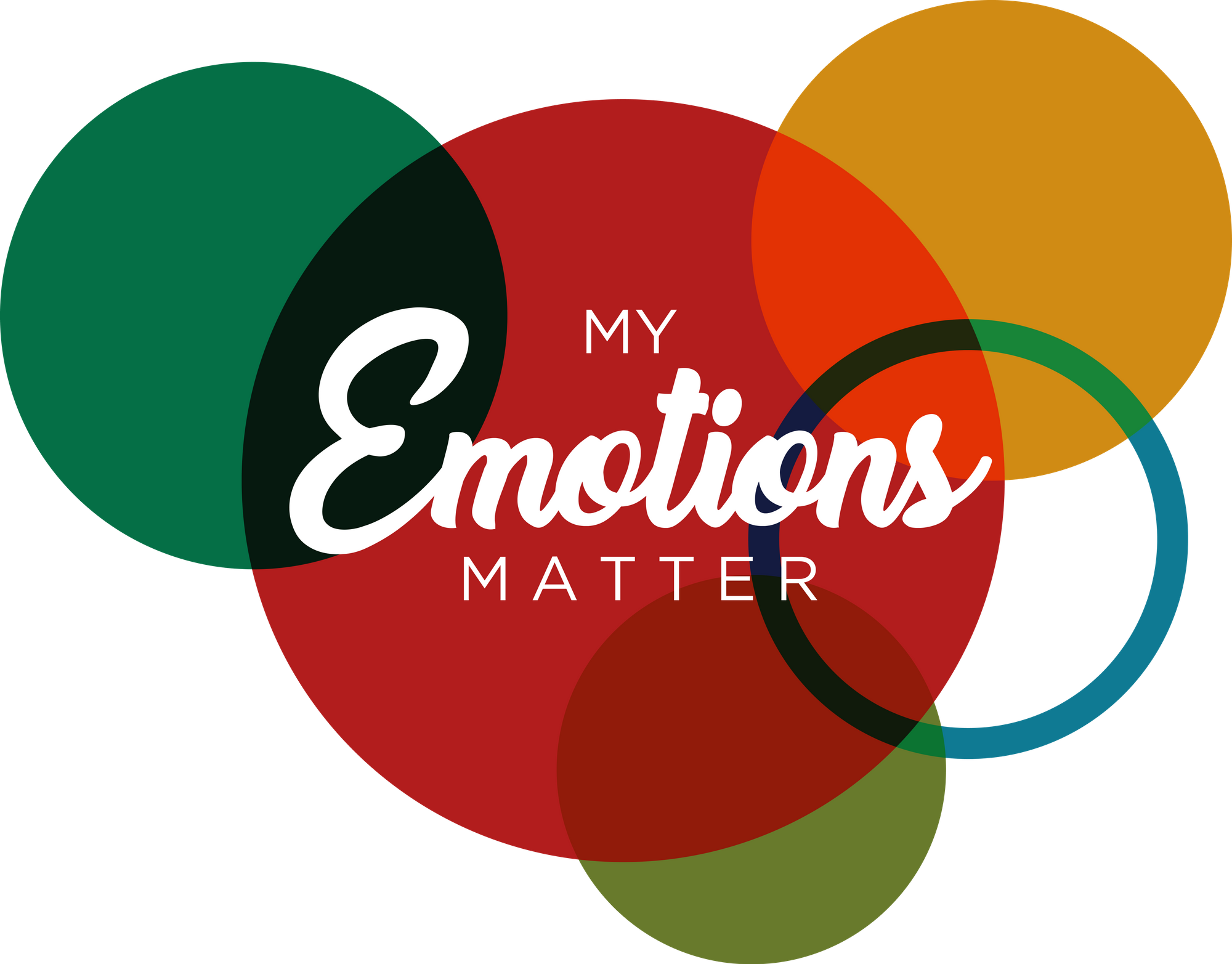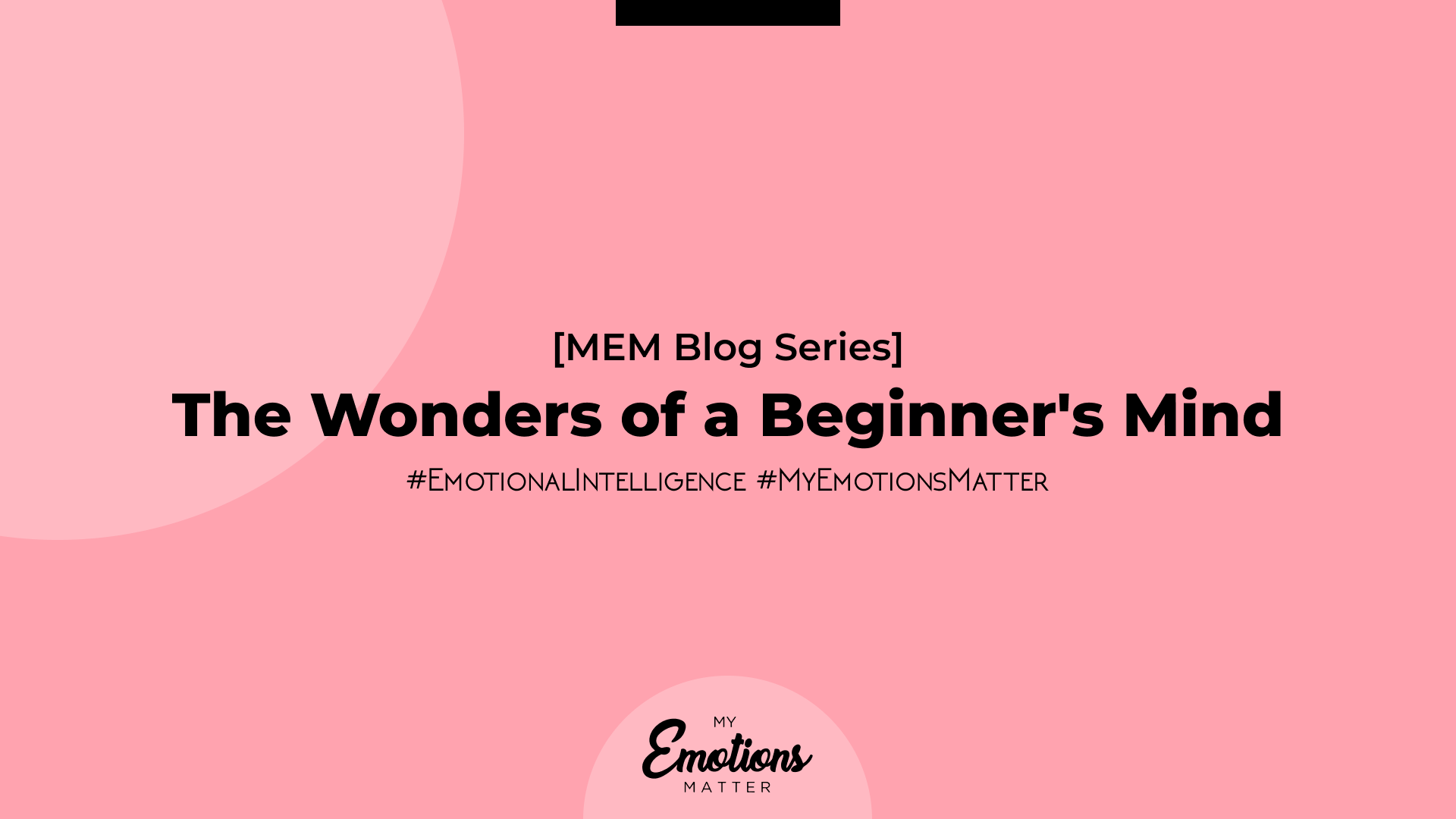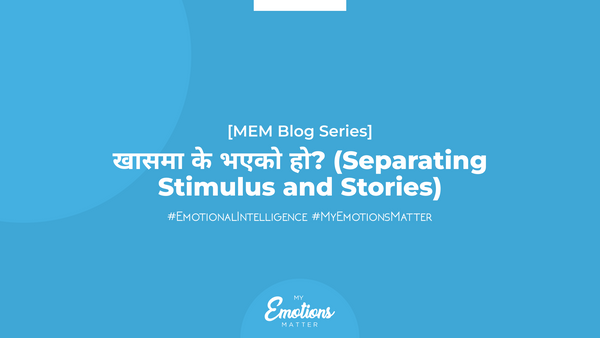The Wonders of a Beginner's Mind
I’ve been journaling for almost 14 years now. It has been my go-to in trying to make sense of my thoughts, emotional experiences, interactions with people, and my behavior. Except for the days when I was unwell or exhausted, I’ve tried journaling my thoughts almost every day. It’s a comforting pursuit indeed. It’s only through journaling that I came to realize my fondness for writing. Journaling has also helped in changing my habit of rumination to contemplation. It has helped me understand myself and my patterns better.
Something that I’ve noticed over the years is that when we’re subject to a particular process repeatedly, it sticks to our system. It becomes automatically evident in what we do, say, or think. This may be because our brain is quite good at connecting the dots—may it be between one perception to another, one experience to another, one life lesson to another, so forth and so on. This is something I’ve found to be true in my journaling process. I have a habit of taking a look at my older writings from time to time. One such time, four years ago when I referred to an old diary, I observed how my expressions were more or less similar to how they were years after, even though I had grown in that period. This is when it occurred to me—I had never really given a thought to reinvent ways with which to reflect and express myself in my journaling pursuit.
Isn’t this what we go through in other areas of life as well? We tend to repeatedly implement what we get used to. For instance, in our school days, we came across so many teachers, each of whom had their own persona, teaching philosophy, and ways of interacting with us. But, if we look back, we can recall how some of them had similar patterns of teaching despite the given differences in their beliefs and personality. Teachers often tend to develop a ‘know-it-all’ perception some years into their teaching journey, possibly because that is what they experienced with their teachers back in the day. This is why when we come across teachers who continuously bring new things to the class, understand the needs of the students, and don’t hesitate from saying, “I don’t know”—we appreciate them.
This perception of giving what we get and believing that ‘we know it all’ after a point is evident in pretty much everything. As professionals, we may think there are just a few sure shot ways to come up with the best ideas or solutions. In relationships, we may pertain to certain activities religiously to maintain them. As scholars, we may be following the proven ways to excel. As educators, we might have figured out what works and doesn’t work in the classroom. But, all of this boils down to a few important questions: How often are we reinventing our approaches? How do we know that what we’re doing in any pursuit or profession, is the best possible way to do it? What do we need to learn?
When we start asking ourselves questions like these, we start developing the beginner’s mind. The “beginner’s mind” is a concept in Zen Buddhism through which we learn how to quite the expert within us and see things from a fresh perspective. While an expert may claim to know a lot, a beginner starts learning on a clean slate with no prejudices or preconceived ideas. A beginner perceives the world around her with open-mindedness, curiosity, and keen observation. As children, we exercise our beginner’s mind the most because we don’t know what to expect from whom—we’re just curious and ready to contain all that’s shared with us. Our beginner’s mind is also put to use every time we come across something new—we have so many questions, we think of so many possibilities, we face so many confusions, but we also find the process refreshing.
Beginner’s mind is not just important in terms of learning something but it also has an important role to play in improving ourselves, our relationships, and finding meaning in life. With such a mindset, we can, from time-to-time, create ways to stimulate ourselves intellectually, emotionally, and physiologically. In our relationships, when we begin to become curious about our partner, our parents, or friends, we complain less and start seeing them for the things that make them authentic. In our lives, when we can’t seem to find meaning, the beginner’s mind can help us reconstruct possibilities and seek new ways to find coherence.
So, how can we start applying the beginner’s mind? We can start by questioning our psycho-social conditioning. Is what we were exposed to as youngsters still helping us? If yes, what can we do to make our experiences even better? If not, how can we reinvent our experience altogether? So much of what we learn as youngsters stays with us adults, whether it may be the way we work or the way we treat ourselves and the people in our lives. What’s essential, is to question whether such thought processes or actions are helping us.
The beginner’s mind can also be developed by giving up the need to fit in. The kind of collective cultures in which we live, we tend to do what our parents, peers, and close ones do so that we can feel a sense of belonging, which is a basic human need. But, oftentimes, the need to fit in gets in our way. Due to the fear of judgment, rejection, and alienation, we stop discovering new possibilities.
A beginner’s mind needs openness to experience. It needs curiosity. It needs objective judgment rather than complaints, falsified interpretations, and blatant criticism. It needs active listening. A beginner’s mind thrives when it knows that it doesn’t know it all. Since I have learned the concept, I try to exercise it mostly in my learning and reflections. Even when it comes to journaling, as I was talking about earlier—I now try to ask myself different questions that allow to me reflect on my experiences from a fresh perspective most of the time, if not always. As a result, the process has become more reconnecting and meaningful for me.
To reinstate the importance of a beginner’s mind, I’d like to quote James Clear—one of my favorite human beings and author of the book Atomic Habits. James says “We are all idiots, but if you have the privilege of knowing that, then you can start to let go of your preconceptions and approach life with a beginner’s mind.”
So, what is it that you will start looking at with a fresh perspective?




